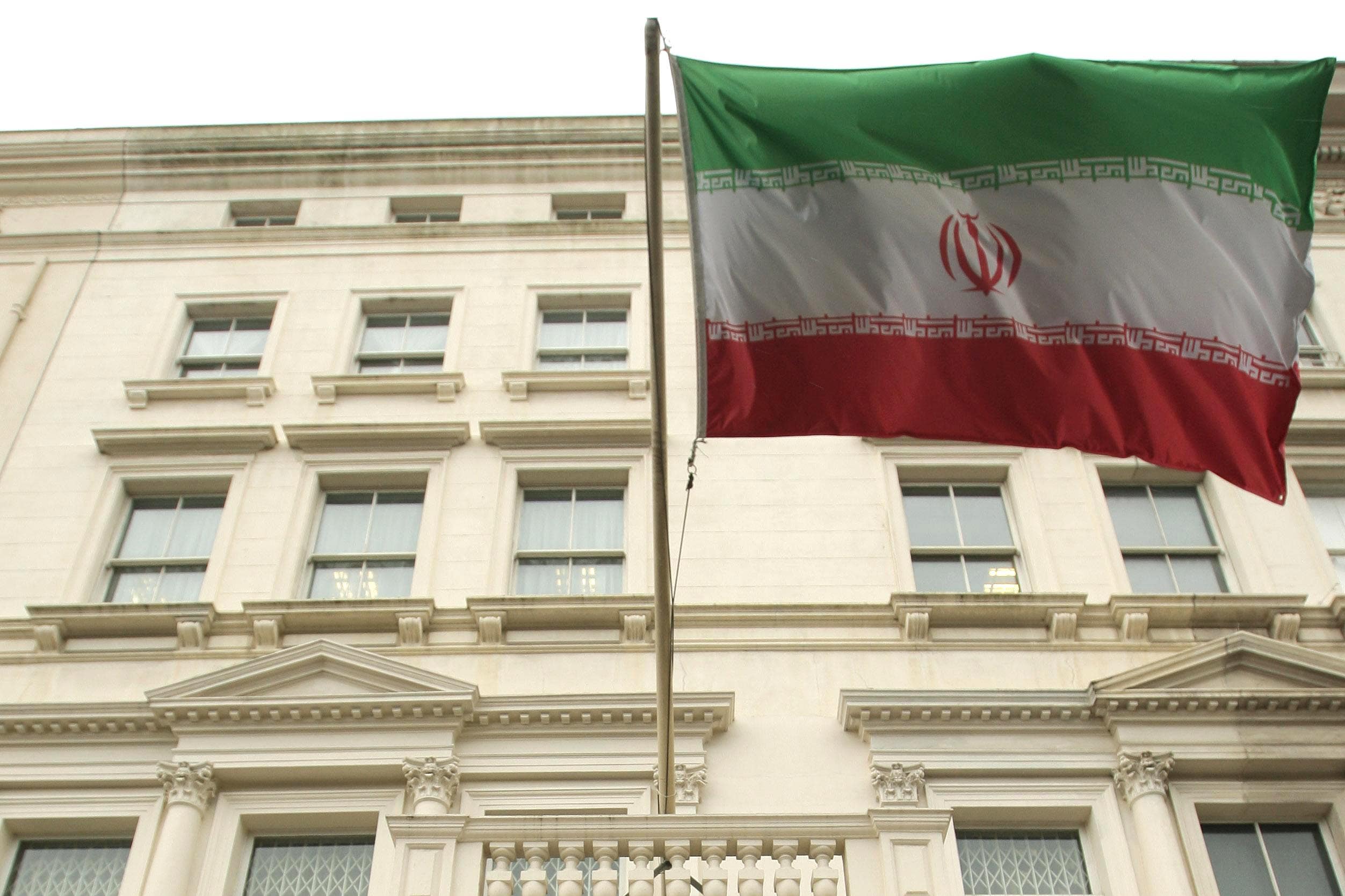Iran has refused to release body of executed British-Iranian man, MPs told
The family has also been told the burial took place last week.

Your support helps us to tell the story
From reproductive rights to climate change to Big Tech, The Independent is on the ground when the story is developing. Whether it's investigating the financials of Elon Musk's pro-Trump PAC or producing our latest documentary, 'The A Word', which shines a light on the American women fighting for reproductive rights, we know how important it is to parse out the facts from the messaging.
At such a critical moment in US history, we need reporters on the ground. Your donation allows us to keep sending journalists to speak to both sides of the story.
The Independent is trusted by Americans across the entire political spectrum. And unlike many other quality news outlets, we choose not to lock Americans out of our reporting and analysis with paywalls. We believe quality journalism should be available to everyone, paid for by those who can afford it.
Your support makes all the difference.Tehran has refused to release the body of a British-Iranian man executed by the Iranian regime, MPs have heard.
Alireza Akbari, a former Tehran defence official, was executed after being accused of spying for MI6.
Labour MP Andy Slaughter (Hammersmith) told the Commons that Mr Akbari was his constituent, and that he had been told by his family that the Iranian regime has refused to release and has threatened to destroy his body.
The family has also been told the burial took place last week, Mr Slaughter said.
The MP was speaking in the Commons following a statement from Foreign Secretary James Cleverly on the execution and the Government’s response.
Mr Cleverly said the issues raised by Mr Slaughter “fill us all with revulsion”, and said the Government will continue to support the family.
The killing was “shameful” and Mr Akbari “fell victim to the political vendettas of a vicious regime”, Mr Cleverly said.
Elsewhere in the session Mr Cleverly faced calls from across the House to proscribe the Islamic Revolutionary Guard Corps (IRGC) as a banned terrorist organisation in the UK.
Last week MPs voted in favour of proscribing the IRGC.
But on Monday, Mr Cleverly told the Commons: “The future proscription or sanctions designation of individuals or entities is not something that we speculate about or discuss at the despatch box.”
Iranian media announced on Saturday that Mr Akbari had been executed.
In its immediate response to the killing, the UK Government sanctioned Iran’s prosecutor general Mohammad Jafar Montazer.
Mr Slaughter said he had “extensive contact for the past few difficult days” with the dual national’s family.
He said: “Earlier today I spoke to Mr Akbari’s daughter in the UK, and she asked me to raise a further distressing matter with the Foreign Secretary.
“The regime refuses to release Mr Akbari’s body or to allow burial in the place chosen by him, and have made threats to destroy his body unless the family co-operates with their instructions.
“The cemetery where they were told he should be buried informed the family that burial already took place last week, casting doubt on the time of his execution.
“Will the Foreign Secretary meet with me and the family in the UK, and do what His Majesty’s Government can to ensure that in death, if not in life, Mr Akbari is treated with dignity and respect?”
Mr Cleverly responded, saying: “The points that he just raised, I am sure, fill us all with revulsion.
“We will continue to support the family whatever way we can, and he is absolutely right to call upon the regime to treat Mr Akbari in death with the deference and respect that is legitimate.
“I will follow up on the points he made with our ambassador and communicate our incredible discomfort with the points he has just raised.”
Addressing the execution directly, Mr Cleverly said in his statement: “Let there be no doubt, he fell victim to the political vendettas of a vicious regime.
“His execution was the cowardly and shameful act of a leadership which thinks nothing of using the death penalty as a political tool to silence dissent and settle internal scores.
“Our message to that regime is clear: the world is watching you and you will be held to account, particularly by the brave Iranian people, so many of whom you are oppressing and killing,” he added.
Calls to proscribe the IRGC came from all sides, including the Conservative chairwoman of the Foreign Affairs Committee, Alicia Kearns, and Labour shadow Foreign Office minister Bambos Charalambous.
Labour former minister Sir Chris Bryant said: “Government ministers have invented this rule that they are not allowed to talk about (sanctions) at the despatch box just because it’s a bit inconvenient for them.
“Isn’t it time we actually had a proper parliamentary process for determining some of these?
“Because frankly, if it was up to the Foreign Affairs Committee, and I suspect if it was up to this House, we would have taken action six months ago.”
Mr Cleverly said: “I think it’s actually important we maintain a clear distinction between the executive functions and the scrutiny functions… I think the job of Government is to govern and the job of this House is to scrutinise the Government.”